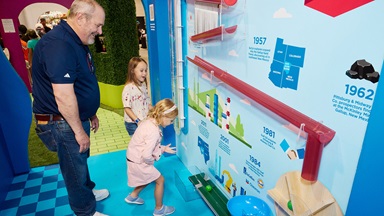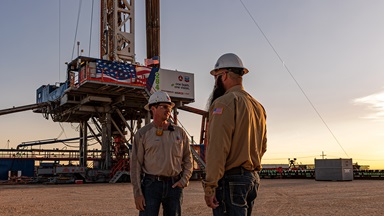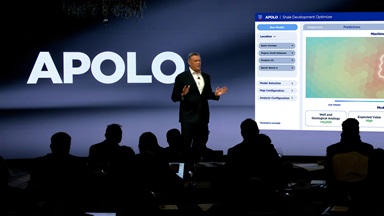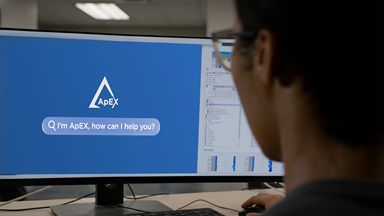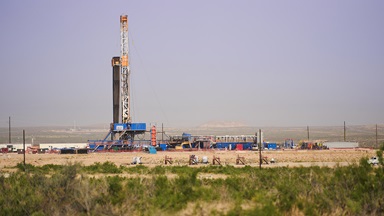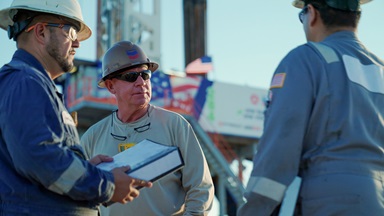sustainability
climate
future outlook
fueling a lower carbon future
by 2050 global population is expected to rise by 2 billion
a mix that includes oil and gas can help satisfy those demands
Sources: IEA, World Energy Outlook 2022, iea.org/reports/world-energy-outlook-2022, License: CC BY 4.0 (report), CC BY NC SA 4.0 (Annex A); BNEF Scenarios: Energy Transition Scenario 2022, Net Zero Scenario 2022; Wood Mackenzie Scenarios (2022): Energy Transition Outlook, Accelerated Energy Transition 2° C; S&P Global Commodity Insights Scenarios (2022): Inflections (IHSM), Green Rules (IHSM), Discord (IHSM), Accelerated CCS (IHSM), Multitechnology Mitigation (IHSM), December Most Likely Case (Platts), 2° C Case (Platts).
*Other low-carbon energy (nuclear, hydrogen and biomass)
strategy
our strategy is clear

working to lower the carbon intensity of our operations

investing to grow capabilities in new energies
portfolio carbon intensityCO2e/MJ
(scope 1, 2 and 3) by 2028
71g
refining carbon intensityCO2e/boe
(scope 1 and 2) by 2028
36kg
gas carbon intensityCO2e/boe
(scope 1 and 2) by 2028
24kg
oil carbon intensityCO2e/boe
(scope 1 and 2) by 2028
24kg
*Chevron’s ability to achieve any ambition, including with respect to climate-related initiatives and any new businesses, is subject to numerous risks and contingencies, many of which are outside of Chevron’s control. Chevron regularly evaluates its ambitions and expects to change or eliminate some of these aspirations, targets, and other ambitions for various reasons, including market conditions, its strategy or portfolio, and financial, operational, policy, reputational, legal and other factors. Our focus on helping meet the world’s energy needs while lowering the carbon intensity of our operations remains unchanged. For Forward-Looking Statements and Other Disclaimers, visit https://www.chevron.com/terms-of-use#forward-lookingstatementsandotherdisclaimers
in action
evolving world energy solutions

keeping methane in the pipe

capturing carbon

developing renewable fuels

“Many solutions will be needed to build the lower carbon energy system of the future.”
mike wirth | chairman of the board and chief executive officer
additional resources
newsroom
